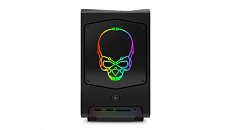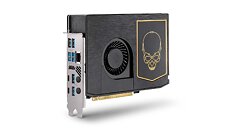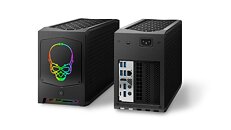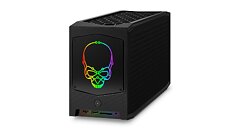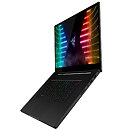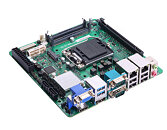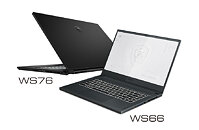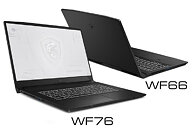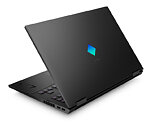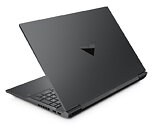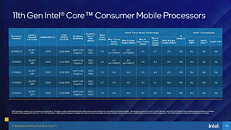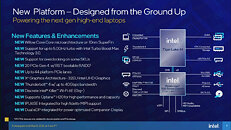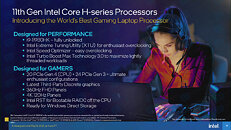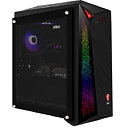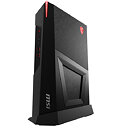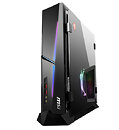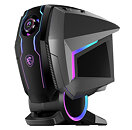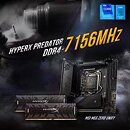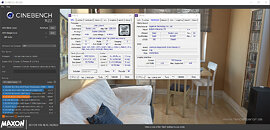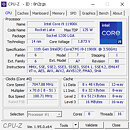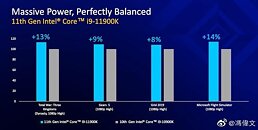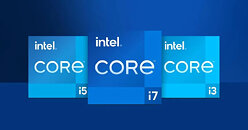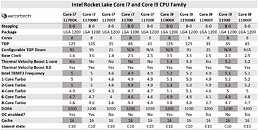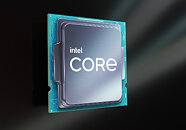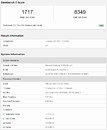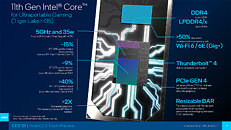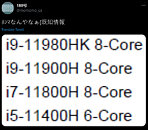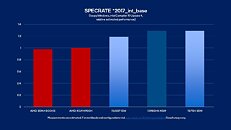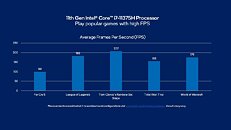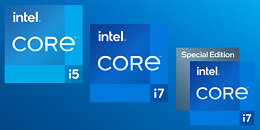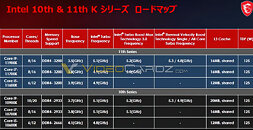
Final Intel 12th Gen Core CPU Spec and Pricing Leak Hours Before Official Reveal
For those tired of Intel leaks, please look away now, as this is likely to be one of the last leaks before the official reveal later today. The final specifications, as well as pricing for the first six of Intel's 12th Gen Core CPUs has made an appearance online and the good news is that the official pricing isn't as bad as we've been led to believe, based on earlier leaks and it'll at least make up some of the cost increase of the Z690 motherboards over the Z590 models.
Spec wise, we're not looking at anything unexpected here, it simply verifies what has leaked so far, with one exception, maximum turbo power. Although the base TDP of all six CPUs is 125 W, it seems like Intel is using the maximum turbo power as yet another product differentiator, at least more so than it has previously. The Core i9 CPUs get a maximum turbo power of 241 W, whereas the Core i7's top out at 190 W and the Core i5's at 150 W. At least Intel is being open about it and the question is if it will have any affect on overclocking or not. Obviously having fewer CPUs cores would result in a lower power draw overall, but then the question is why the Core i5's have a base TDP of 125 W.
Spec wise, we're not looking at anything unexpected here, it simply verifies what has leaked so far, with one exception, maximum turbo power. Although the base TDP of all six CPUs is 125 W, it seems like Intel is using the maximum turbo power as yet another product differentiator, at least more so than it has previously. The Core i9 CPUs get a maximum turbo power of 241 W, whereas the Core i7's top out at 190 W and the Core i5's at 150 W. At least Intel is being open about it and the question is if it will have any affect on overclocking or not. Obviously having fewer CPUs cores would result in a lower power draw overall, but then the question is why the Core i5's have a base TDP of 125 W.










